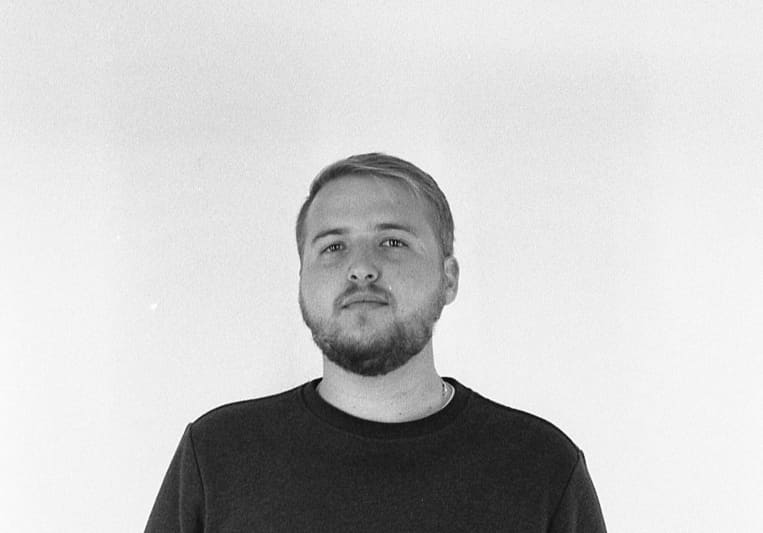
Owner of Brain Damage Studios in Dania Beach, FL, and the bassist of Florida rock band, "Better Strangers". I have years of experience recording, touring, and mixing. Contact me to get some work done and have some great-sounding songs.
I've been playing music my whole life. Ever since I was a teenager, I've been working with recording and mixing. My own band, "Better Strangers" has performed in various venues around the world, and I've been releasing original music with different bands ever since I was 14 years old. I can mix and record any style of music, but I specialize in rock music. But anything from pop, alternative, and funk to metal and progressive is definitely in my wheelhouse. My primary instrument is the bass, but I can also record the guitar as well. Everything gets recorded at my studio, Brain Damage Studios. I can work as just a mix engineer, as a session player, or as both. Happy and hungry to get to work!
I'd love to hear about your project. Click the 'Contact' button above to get in touch.
Credits
Interview with Yang
Q: Analog or digital and why?
A: I have a hybrid studio that allows me to get a strong analog signal coming into the DAW with the capabilities of then doing whatever I need to do to it digitally.
Q: If you were on a desert island and could take just 5 pieces of gear, what would they be?
A: My bass Darkglass bass pedal Ampeg SVT A microphone Cassette recorder
Q: What was your career path? How long have you been doing this?
A: I started a band when I was in middle school and I have never turned back. I opened up my studio about 4 years ago, but have been doing home recordings since I was in high school.
Q: How would you describe your style?
A: My style varies from heavy complex time signatures to psychedelic alternative rock.
Q: Which artist would you like to work with and why?
A: I would like to work with Trent Reznor from Nine Inch Nails because he seems like an artist who really made something happen for himself while always staying true to himself.
Q: Can you share one music production tip?
A: Never be afraid to break the constraints of what is correct or not correct in terms of music. The more you let yourself go, the easier it will be to connect with your music.
Q: What type of music do you usually work on?
A: I normally work on rock music, but that is very vague. Sub-genres like alternative, grunge, metal, prog, and pop are all genres I'm used to working with.
Q: What's your strongest skill?
A: My strongest skill would be my bass playing. I have been playing for more than a decade and have recorded many tracks in many different environments.
Q: What do you bring to a song?
A: I bring a fresh set of ears that focuses on what the mix really needs to sound exciting and unique.
Q: What's your typical work process?
A: For mixing, I like to really dive into a mix head-on and then see what the artist likes and dislikes about the mix; and work together to create something that sounds powerful, rich, and full. For recording an instrument, I have various methods depending on the track and what is needed from me. But overall, I can be flexible and adapt to other workflows.
Q: Tell us about your studio setup.
A: I have a 20x20 fully sound-treated live room. That runs out to a hybrid control area with top of the line analog gear from NEVE/SSL/UA as well as extensive digital capabilities.
Q: What other musicians or music production professionals inspire you?
A: I am a big fan of Tool, Led Zeppelin, and the Red Hot Chili Peppers to name a few, but I also really admire the work of Butch Vig, Steve Albini, and Joe Barresi.
Q: Describe the most common type of work you do for your clients.
A: I normally work in-house studio sessions.

I was the Mixing Engineer/Bassist in this production
- Mixing EngineerAverage price - $300 per song
- Bass ElectricAverage price - $100 per song
- Bass FretlessAverage price - $100 per song
- Acoustic GuitarAverage price - $100 per song
- Recording StudioContact for pricing
- Podcast Editing & MasteringAverage price - $100 per podcast
- Vocal compingContact for pricing




